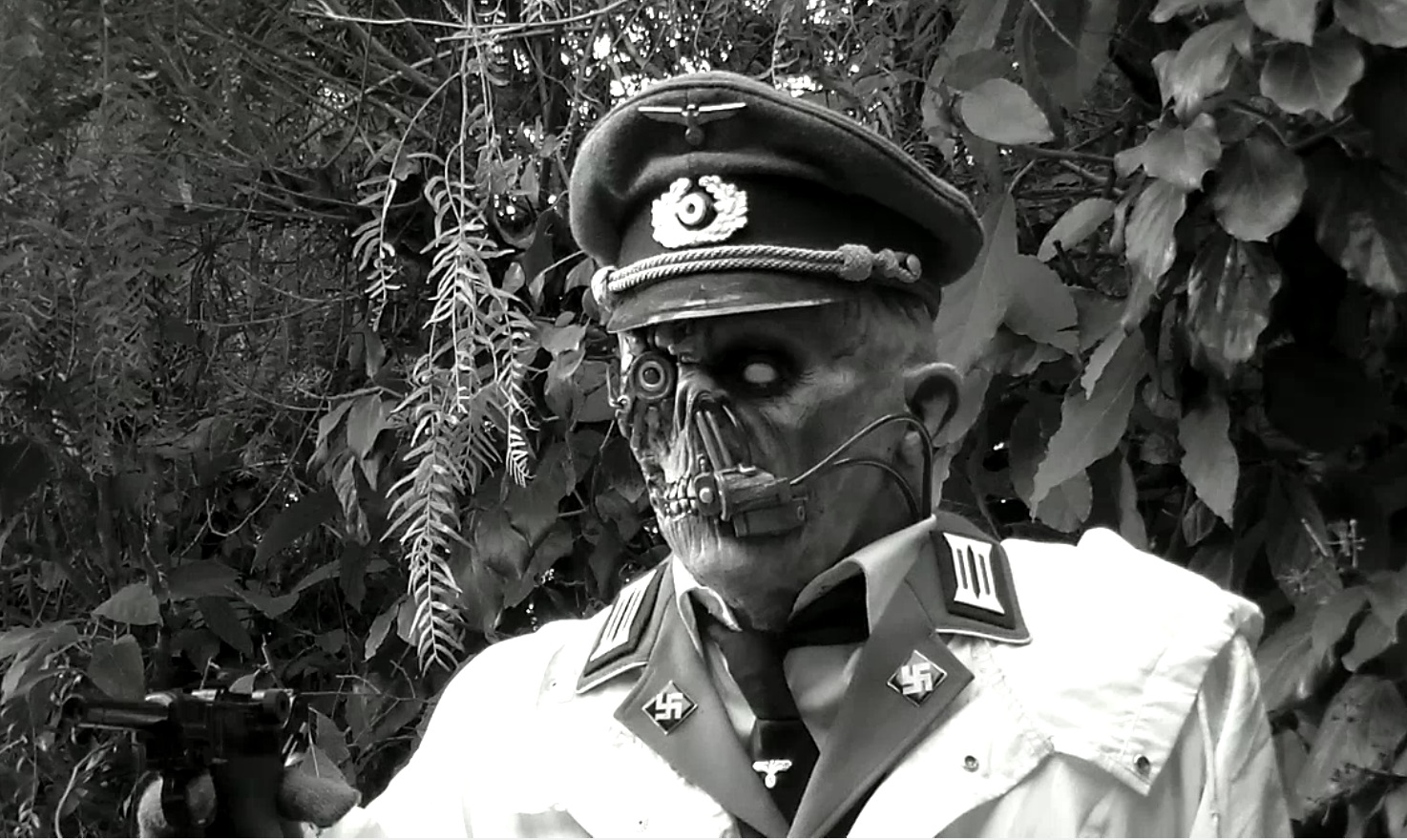

By Asmita - Aug 01, 2025
Museums and legislators are at odds over strengthening a law aiding Holocaust victims in reclaiming Nazi-plundered art. Museums urge Congress to maintain the current law, while lawmakers push for stricter measures. The debate highlights differing viewpoints on justice and historical accountability, with potential global impacts on art restitution practices. Balancing museum interests with victim rights is key to fostering a fair solution and addressing ethical concerns in Holocaust art restitution.

ZombieHorrorMovie13 via Wikimedia
LATEST
Museums are in opposition against the strengthening of a law meant to aid Holocaust victims and their heirs in recovering works plundered by the Nazis. The current scenario sees museums urging Congress to only renew the existing law, while a bipartisan group of legislators advocates for making it more stringent.
The clash arises from differing perspectives on the extent of the law's reach and effectiveness in addressing historical injustices. While museums argue for the status quo, emphasizing the importance of continuity and practicality in resolving restitution claims, proponents of the stricter approach believe that enhancing the law is crucial for achieving more comprehensive justice and ensuring rightful restitution to victims.
This debate carries significant geopolitical implications, reflecting the ongoing efforts to reckon with the atrocities of the Holocaust and provide closure to affected families. The stance taken by Congress in this matter could influence international perception and set a precedent for handling similar restitution cases globally. Experts suggest that finding a delicate balance between the interests of museums and the rights of claimants is paramount to advancing a fair and equitable solution.
The outcome of this legislative battle could reverberate across the art world and impact future dealings with cultural heritage restitution. A decision to toughen the law may lead to increased scrutiny and accountability in the acquisition and display of art with questionable provenance. Conversely, maintaining the status quo could raise concerns about justice being compromised in favor of institutional convenience. As the debate intensifies, it remains crucial to consider the ethical, legal, and societal ramifications of Holocaust art restitution laws and strike a balance that upholds the principles of fairness and historical redress.